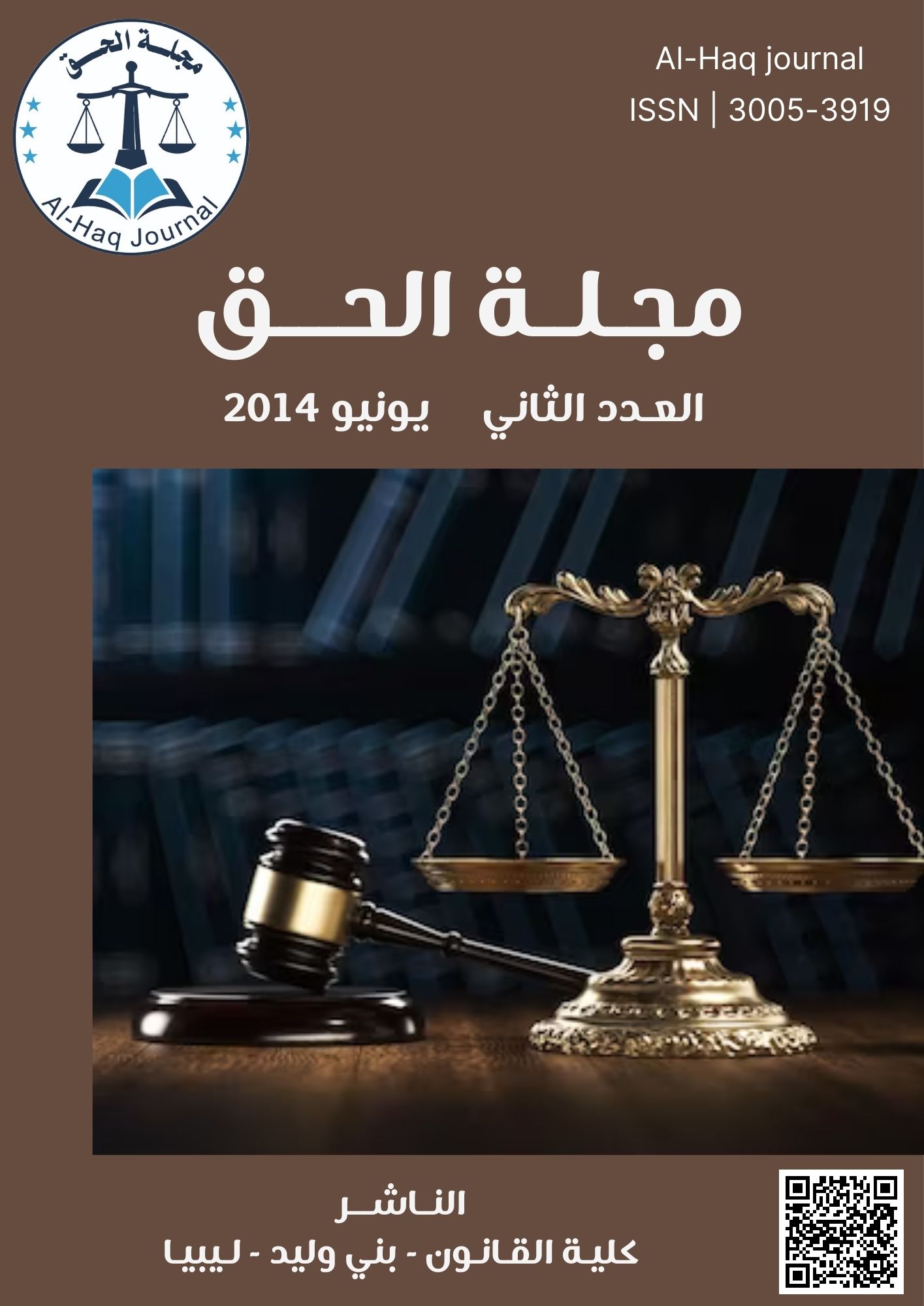Authority and Freedom in Constitutional Law
DOI:
https://doi.org/10.58916/alhaq.v1i2.364Keywords:
Freedom, authority, constitution, state, lawAbstract
Power and freedom represent the fundamental determinants of the constitutional relationship, and they also constitute the two sides of this relationship. Power is the foundation of the state, and freedom represents the individual's right to do whatever does not harm others.
This is a relative concept. In order to achieve harmony between power and freedom through the constitution, the necessity of power must be acknowledged and sufficiently supported to achieve security and societal peace, provided that support and strengthening are not excessive, lest it lead to tyranny and oppression. Here, a balance must be struck between power and freedom.
Regulating freedom in a society and imposing restrictions on it does not mean undermining it. Rather, its exercise must be carried out without harming the rights and freedoms of others and without preserving the public order of society. This requires an analysis of the nature of constitutional rules and comparing them with legal rules, as constitutional rules clarify the manner in which political power is exercised by rulers. The rules of constitutional law are, perhaps more than just rules of political balance, they are the basis of legitimacy. Thus, the authority whose exercise is determined by the constitution requires legitimacy to be more acceptable to individuals and to gain their satisfaction and approval of the state's political system.
Downloads
Downloads
Published
Issue
Section
License

This work is licensed under a Creative Commons Attribution-NonCommercial 4.0 International License.









